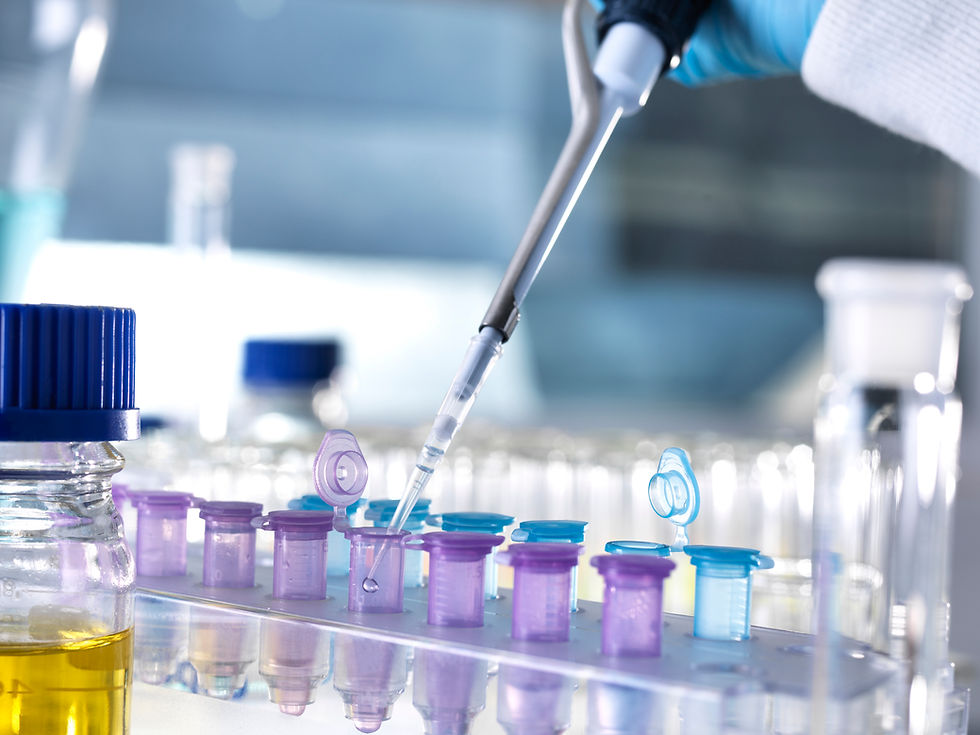
Bilirubin Blood Test
Is a medical test that assesses bilirubin levels in the bloodstream. Bilirubin is a yellow pigment in red blood cell breakdown.
The Bilirubin Blood Test is a routine diagnostic test that determines bilirubin levels in the bloodstream. Bilirubin is a yellow pigment formed when red blood cells degrade. This test primarily assesses liver function and detects liver or gallbladder disorders. Below are key details about the Bilirubin Blood Test:
Total Bilirubin
Measures the combined levels of unconjugated (indirect) and conjugated (direct) bilirubin.
Provides a comprehensive evaluation of bilirubin concentration in the body.Direct Bilirubin
Specifically quantifies the amount of conjugated bilirubin.
Conjugated bilirubin is a water-soluble form processed by the liver.Indirect Bilirubin
Refers to the water-insoluble bilirubin that remains unprocessed by the liver.Liver Function Assessment
Bilirubin serves as a key marker of liver function and helps diagnose liver conditions, including hepatitis, cirrhosis, or liver injury.
Elevated bilirubin levels may indicate liver impairment or bile duct obstruction.Gallbladder Conditions
Bilirubin levels also aid in diagnosing gallbladder issues, such as gallstones or cholecystitis (gallbladder inflammation).Jaundice Diagnosis
Jaundice, which causes yellowing of the skin and eyes, results from increased bilirubin.
This test helps evaluate jaundice severity and determine its root cause.
The Bilirubin Blood Test is an essential tool for assessing liver and gallbladder health. By measuring total, direct, and indirect bilirubin, medical professionals can diagnose liver diseases, evaluate liver function, and develop appropriate treatment plans. If you experience symptoms like jaundice, dark urine, or abdominal discomfort, your doctor may recommend this test to investigate possible liver or gallbladder concerns.

